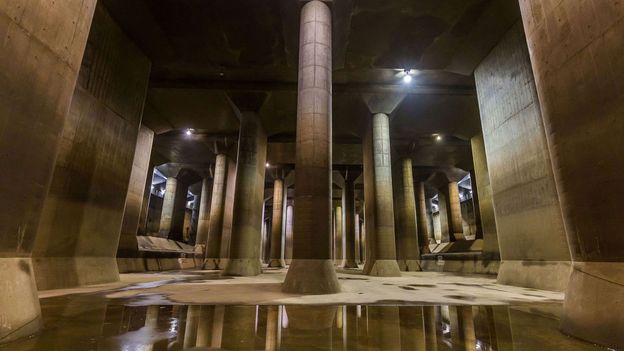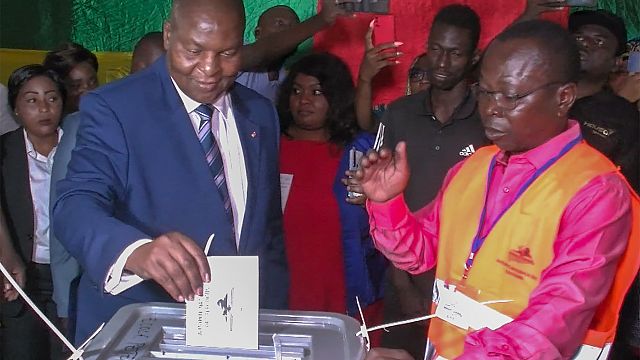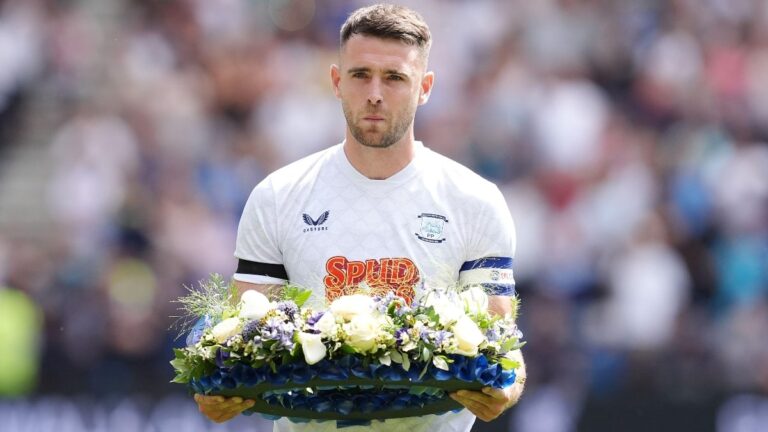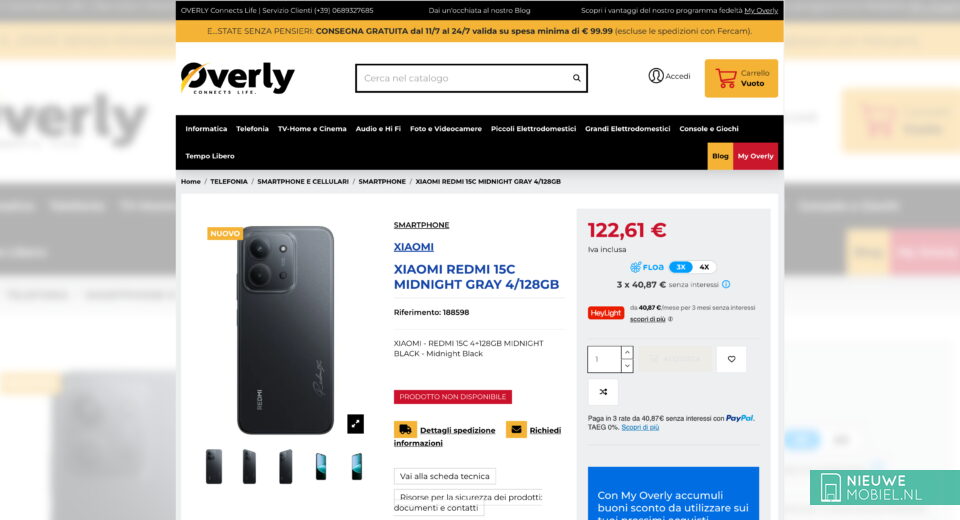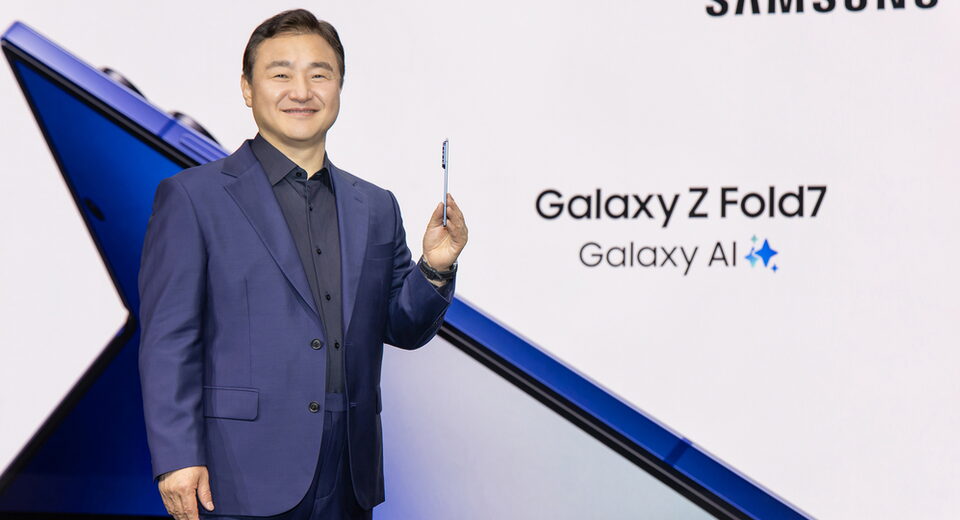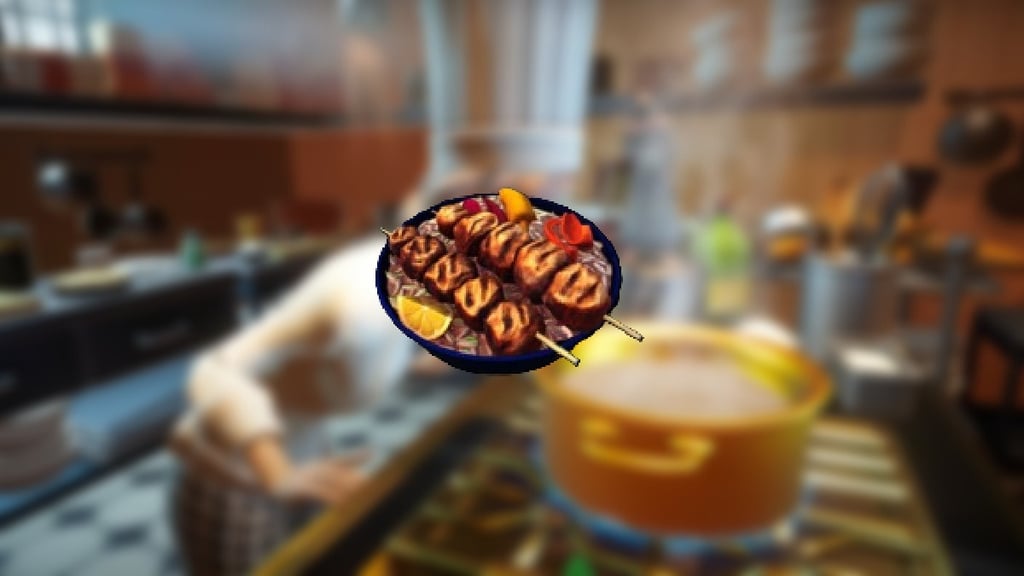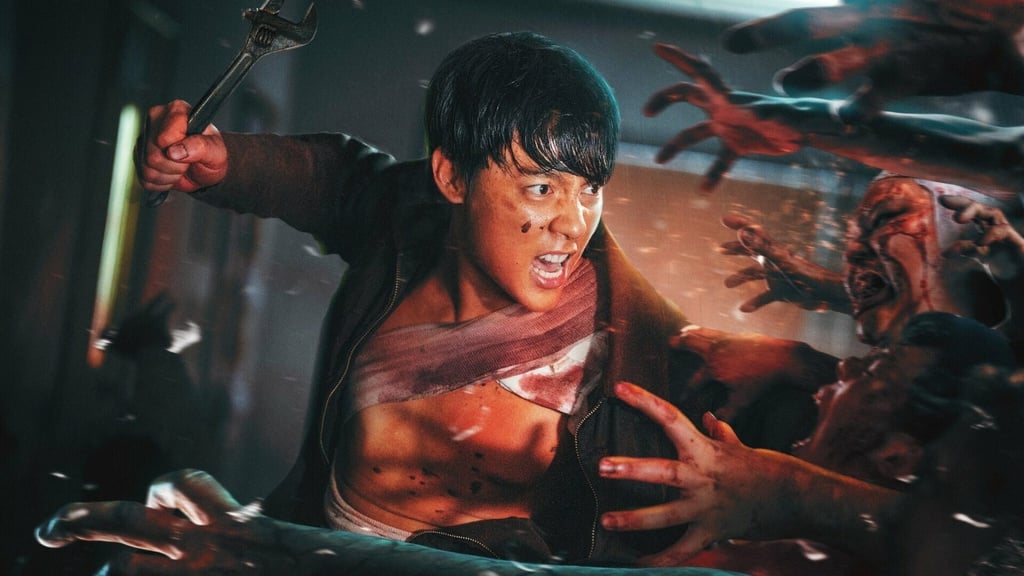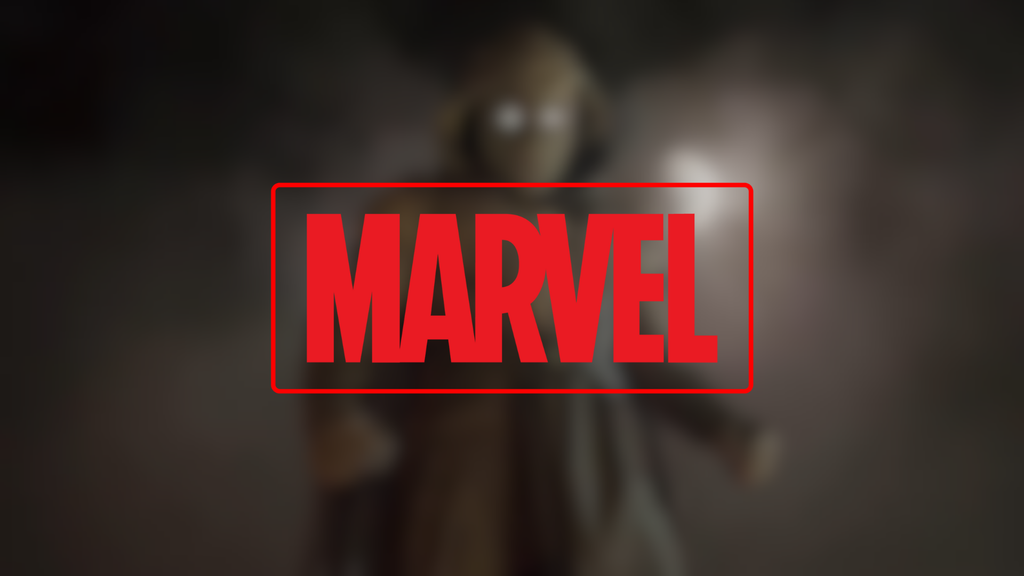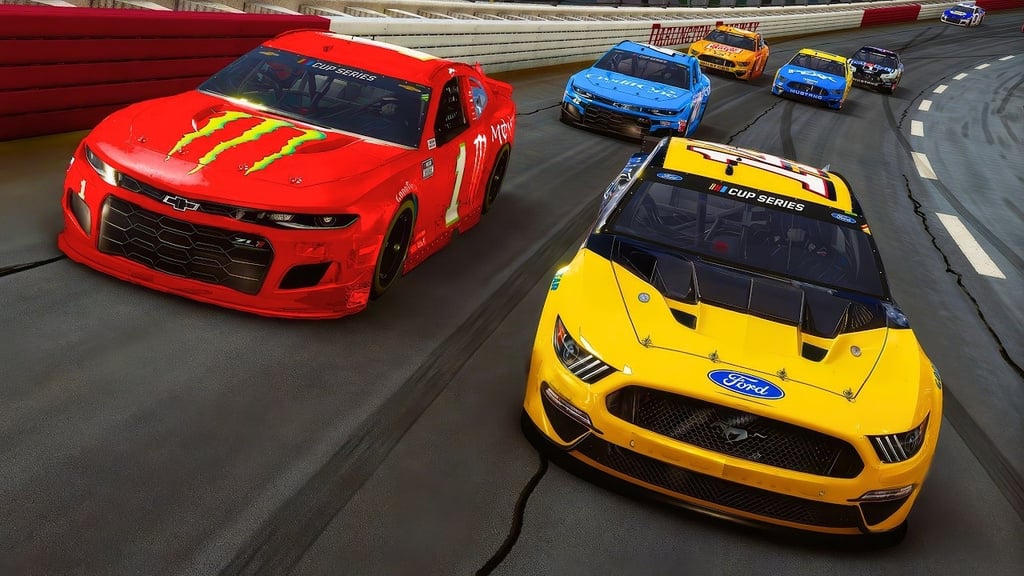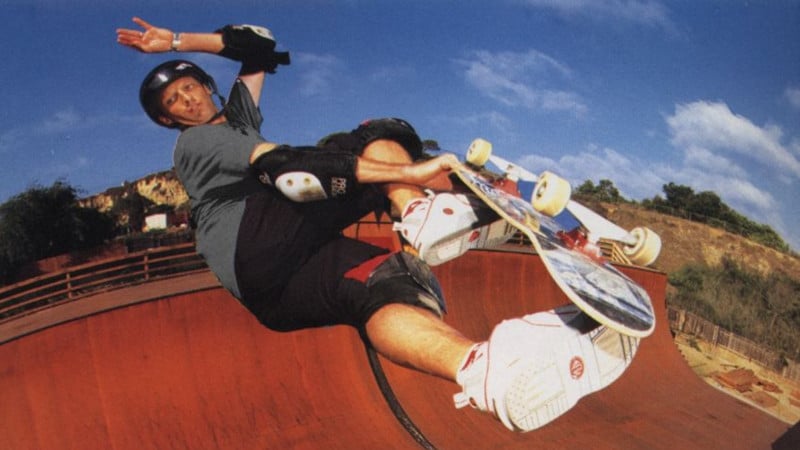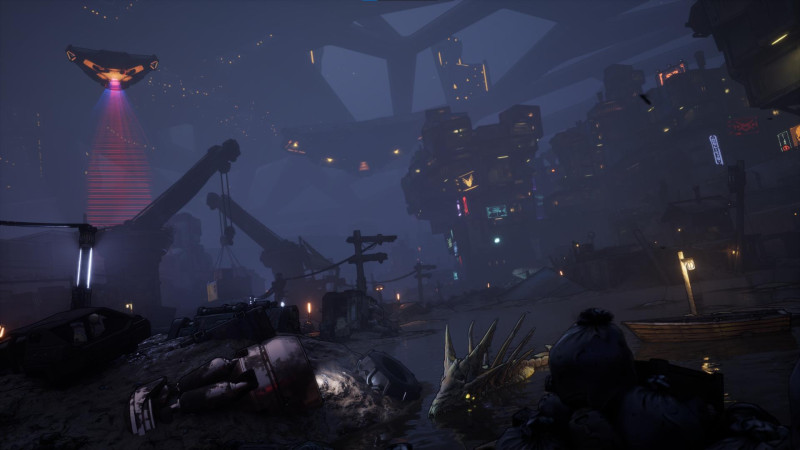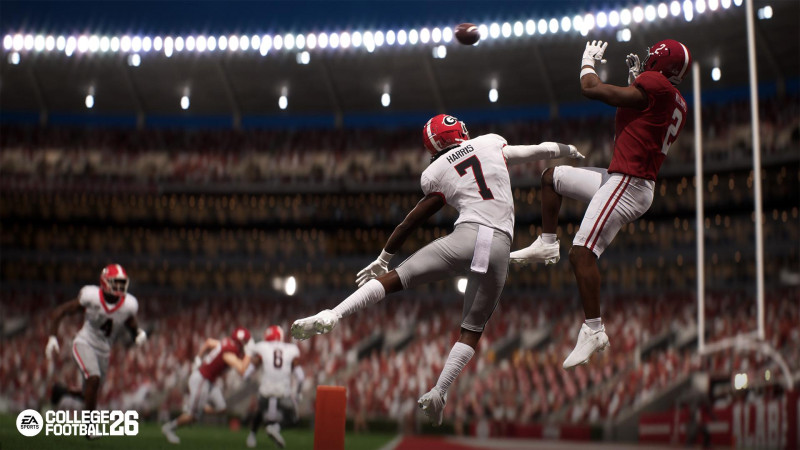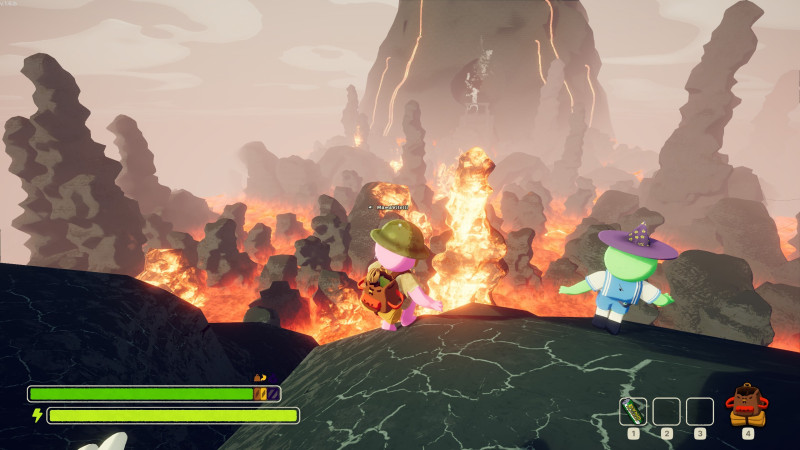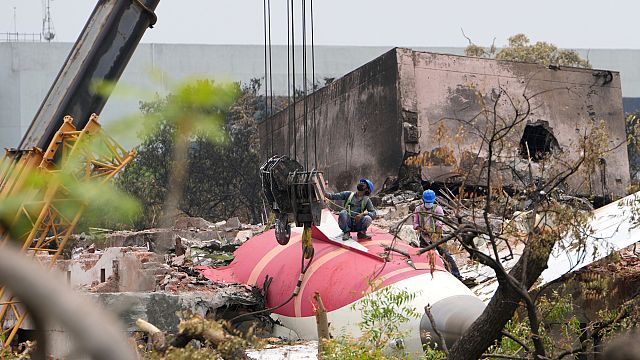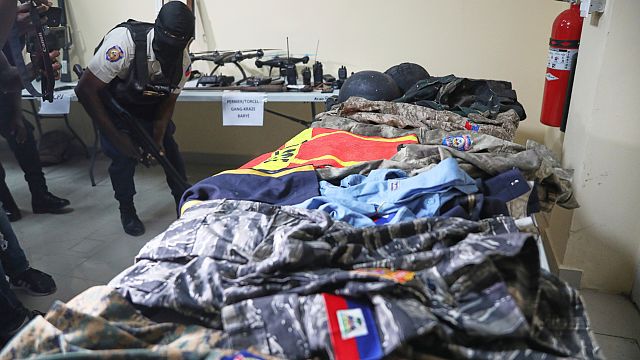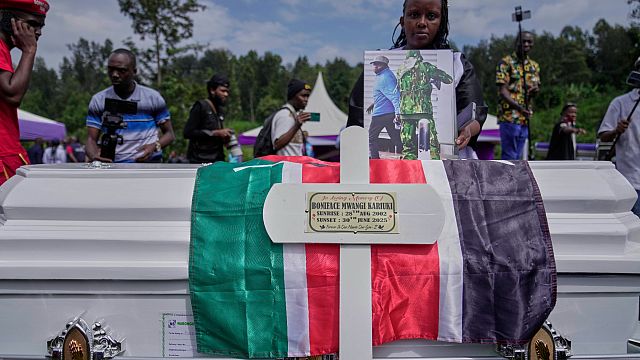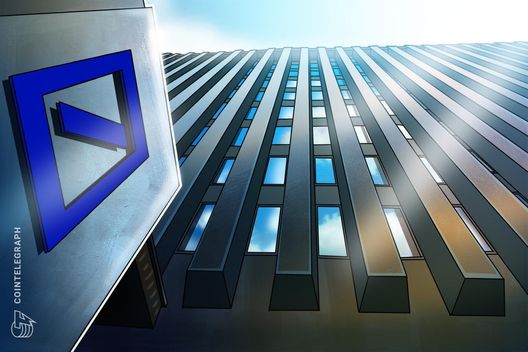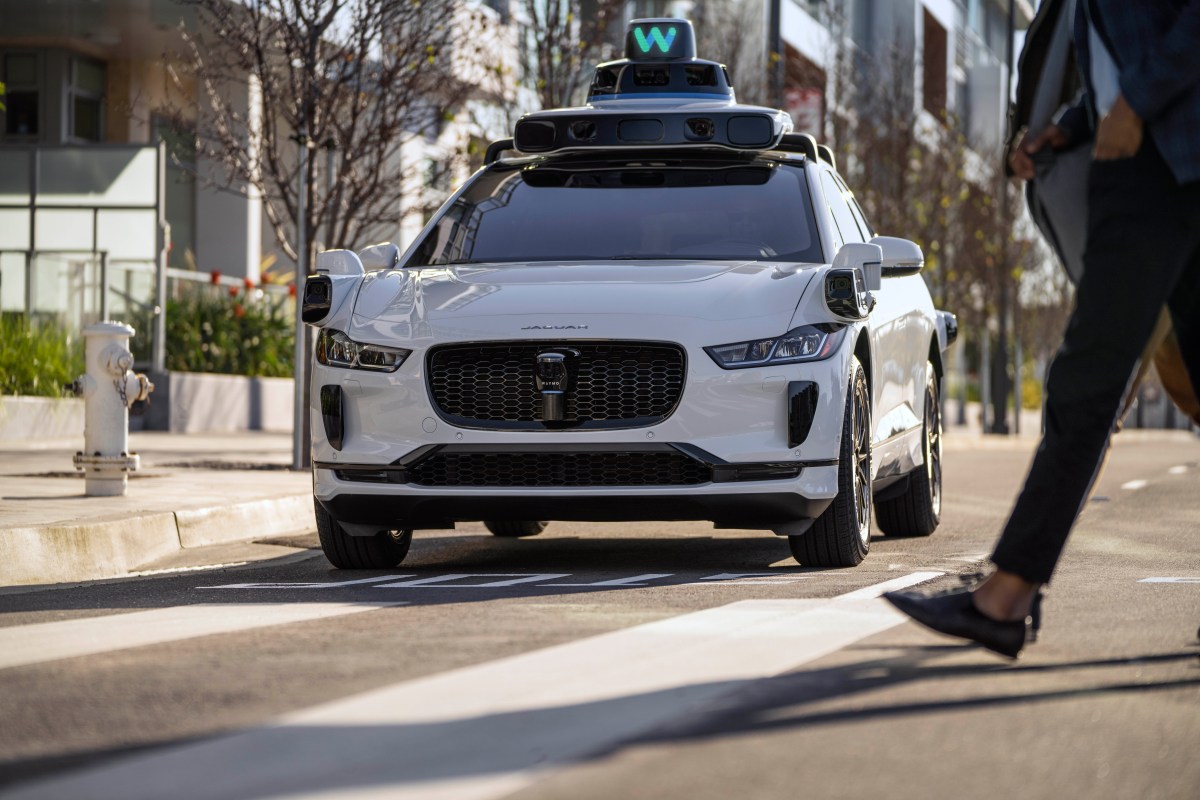South African President Opens Corruption Inquiry of Police Leader

Facing a revolt from within his governing coalition, President Cyril Ramaphosa of South Africa announced on Sunday that he was suspending the country’s police minister and forming a commission to investigate allegations that the minister had protected allies within the country’s criminal underworld.
The allegations against the minister, Senzo Mchunu, were leveled a week ago by Lt. Gen. Nhlanhla Mkhwanazi, the top police commander in the southern province of KwaZulu-Natal. General Mkhwanazi said Mr. Mchunu had shut down a unit that investigated political killings in order to shield from scrutiny politicians, prosecutors, police officials and members of the judiciary with ties to a criminal syndicate.
The syndicate was behind several high-profile murders, General Mkhwanazi said.
Mr. Mchunu, a close ally of Mr. Ramaphosa, has denied the allegations against him. But the president was forced to act quickly as his administration became engulfed by weeks of growing political turmoil that threatened to cause the implosion of a fragile governing coalition formed with great hope and fanfare last year.
The commission will investigate whether law enforcement, intelligence and other criminal justice institutions have been infiltrated by criminal syndicates, Mr. Ramaphosa said. The inquiry will also explore whether senior justice system officials aided criminal activity or benefited from it, he said.
“We are affirming our commitment to the rule of law, to transparency and to accountability,” Mr. Ramaphosa said. “And we are also enhancing the work that is underway to build a South Africa in which all of our people are safe and secure.”
The allegations against Mr. Mchunu have presented the stiffest test of Mr. Ramaphosa’s ability to keep his government together amid growing anger from the Democratic Alliance, the second-largest party in the coalition.
Last month, Democratic Alliance leaders rebelled against the president after he fired a deputy minister from their party for traveling overseas without permission. They argued that Mr. Ramaphosa had protected members of his party, the African National Congress, who have been accused of corruption, while he had been quick to come down on Democratic Alliance members for what they said were small infractions.
Democratic Alliance leaders are now threatening to vote against budget proposals from ministries run by members of the A.N.C. who face corruption allegations. With the deadline for approving the budget looming at the end of this month, the government could find itself unable to pay most of its bills — akin to a government shutdown in the United States.
“Unless there is a major political intervention, the prognosis is extremely poor,” said Songezo Zibi, a member of Parliament whose party, Rise Mzansi, belongs to the coalition. “I’m not getting a feeling that you’ve got all the grown-ups behaving like grown-ups in the room.”
The political chaos adds to the serious challenges South Africa is trying to navigate internationally.
Mr. Ramaphosa’s government is still scrambling to respond to President Trump’s announcement last week that he would impose 30 percent tariffs on South African imports. The South African leader said in May, after a bruising meeting with Mr. Trump in the Oval Office, that he was optimistic that the two countries would reach a trade deal.
Political leaders also worry that allegations that criminal syndicates have infiltrated the police will make it difficult to attract international investors to a nation with a high crime rate and highly publicized cases of government corruption.
The instability could also damage the image South Africa is trying to project of the government as one of national unity, analysts say.
The coalition was central to Mr. Ramaphosa’s rebuttal, during the Oval Office meeting in May, of Mr. Trump’s argument that white South Africans faced persecution.
After Mr. Trump played a video of a leftist politician leading an anti-apartheid chant that called for the killing of white farmers, John Steenhuisen, the leader of the center-right Democratic Alliance, told the U.S. leader that his party’s presence in the government would ensure that extreme voices were kept out.
The African National Congress was forced into working with other parties after last year’s national election, in which it won just 40 percent of the vote, falling short of an absolute majority for the first time since apartheid ended three decades ago.
Even as they govern together, the A.N.C. and the Democratic Alliance, which won 22 percent of the vote last year, continue to act like sworn enemies.
After the accusations surfaced last week against Mr. Mchunu, Democratic Alliance leaders filed a criminal complaint against him. The Democratic Alliance has also brought legal challenges against several laws the A.N.C. supported, taking the government to the brink of collapse.
“It’s not good for the economy that the D.A. wants to hold the government to ransom,” said Fikile Mbalula, the A.N.C. secretary general. “When there are differences, they threaten to walk away. That is governance by blackmail.”
But Democratic Alliance officials argue that the A.N.C. continues to act as if it could do whatever it wanted, despite needing the votes of coalition partners.
“The D.A. won’t be bullied,” said Helen Zille, the chairwoman of the Democratic Alliance. “We are not going to be treated like a doormat.”
What's Your Reaction?
 Like
0
Like
0
 Dislike
0
Dislike
0
 Love
0
Love
0
 Funny
0
Funny
0
 Angry
0
Angry
0
 Sad
0
Sad
0
 Wow
0
Wow
0


